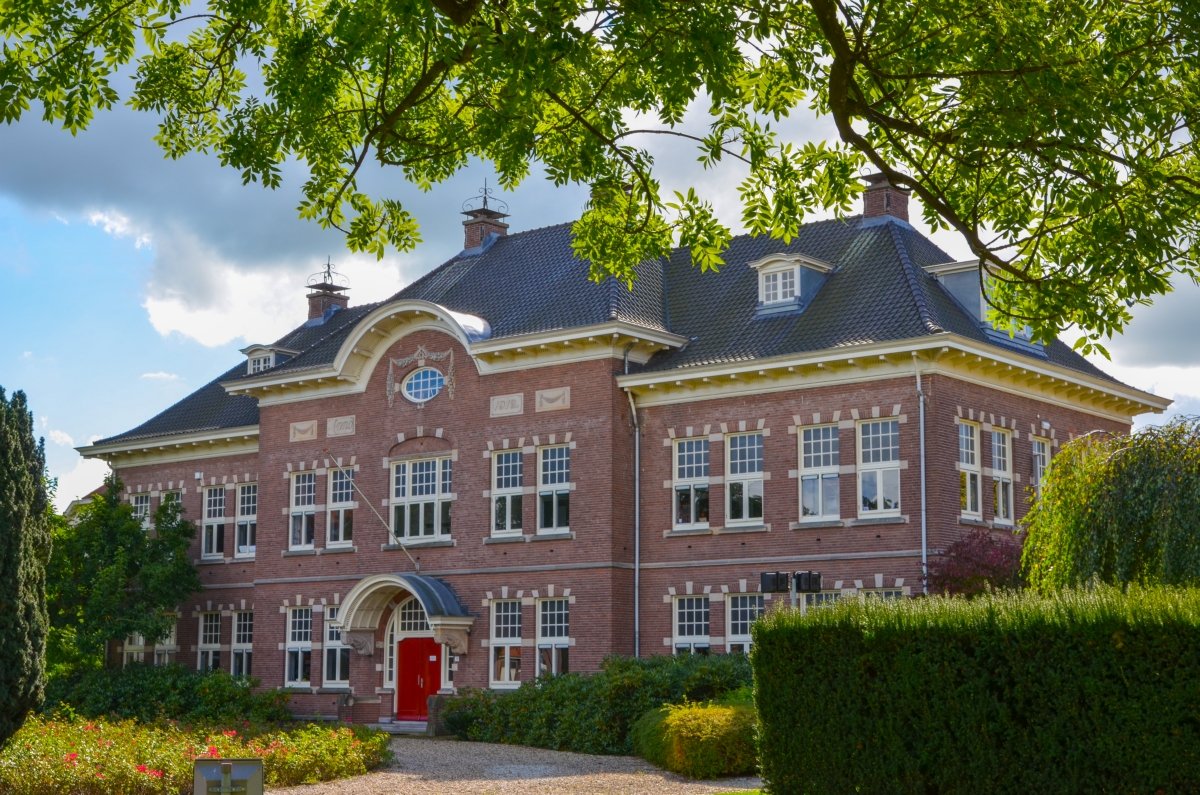
HOURS PER WEEK: 38 to 40FACULTY: Faculty of HumanitiesDEPARTMENT: departement Media- en CultuurwetenschappenAPPLICATION DEADLINE: 15 September 2023
Job description
The Faculty of Humanities of Utrecht University is looking for a new colleague specializing in computational methods and/or digital methods for media and culture studies. As a candidate for this position you will combine computational skills with a critical perspective on how data, algorithms, and platforms shape transformations in media and culture, and vice versa.
As our new Assistant Professor in Computational Methods for Media and Culture Studies you will have the following tasks and responsibilities:
- teach computational research methods for media and culture studies in the BA Media and Culture, BA Communication and Information Studies, MA New Media & Digital Culture, and MSc Applied Data Science;
- develop research in computational/digital methods to examine the role and impact of digital technologies on contemporary culture and society;
- actively participate in and contribute to the research activities of the research platform Data School, the focus area Governing the Digital Society, and/or the strategic theme Institutions for Open Societies.
Qualifications
You have:
- experience in publishing and teaching on critical data and algorithm studies, platform studies, and/or computational cultures;
- practical skills in applying and teaching computational methods in the context of media and culture studies (e.g. AI, software and platforms, the arts, digital archives etc.);
- a background in or strong affinity with (empirical) media studies and an interest in contributing to interdisciplinary research and teaching from a position in the Faculty of Humanities.
Furthermore you:
- hold a completed PhD in (computational) media studies or an adjacent field;
- proficiency in Python or R;
- have teaching and research expertise in computational/digital methods;
- have an interest in the development, application, and analysis of computational research methods for media and culture studies to examine computational cultures;
- have an interest in visual media analysis, computer vision, critical data/algorithm/platform studies, or the arts;
- have an open attitude and are able to switch easily within multidisciplinary and interprofessional teams;
- enthusiasm for team teaching and team science to address social issues.
Do you tick all the boxes? Then we invite you to apply.
Candidates are expected to be able to teach in Dutch and English. International candidates will be helped to acquire Dutch language skills in the first two years of their appointment.
All our assistant professors have obtained the Dutch University Teaching Qualification
(UTQ, in Dutch: Basiskwalificatie Onderwijs, BKO). The BKO is recognized by all 14 Dutch universities. Candidates who do not yet have a BKO or an international equivalent will receive support to obtain this qualification in the first two years of their appointment.
(Personal) leadership and responsibility are part of your job. That is why you recognise yourself in the following core values
that are central to the Faculty of Humanities: professionalism, transparency, responsibility, connection and safety. These core values apply to everyone and we uphold these values in our work and in our communication with each other and to others. You can read more about our core values and how they translate into concrete behaviour on our website
Offer
We offer a temporary position (1.0 FTE) for one year in an international working environment. After positive evaluation, this can be turned into a permanent position. The allocation is set to 40% research and 60% teaching. Within the 60% for teaching, there is 10% free space that will not be scheduled.
The gross salary – depending on previous qualifications and experience – ranges between €3974 and €6181 (scale 11-12 according to the Collective Labour Agreement Dutch Universities) per month for a full-time employment. Salaries are supplemented with a holiday bonus of 8% and a year-end bonus of 8.3% per year.
In addition, Utrecht University offers excellent secondary conditions
, including an attractive retirement scheme, professional development
external link, (partly paid) parental leave, sports external link and flexible employment conditions (multiple choice model). For more information, please visit working at Utrecht University external link.
About the organisation
A better future for everyone. This ambition motivates our scientists in executing their leading research and inspiring teaching. At Utrecht University
, the various disciplines collaborate intensively towards major strategic themes
external link. Our focus is on Dynamics of Youth, Institutions for Open Societies, Life Sciences and Sustainability. Sharing science, shaping tomorrow external link.
You can watch the Utrecht University Campus Tour
to get an impression of our university.
has around 7,000 students and 1,100 staff members. It comprises four knowledge domains: Philosophy and Religious Studies, History and Art History, Media and Culture Studies, and Languages, Literature and Communication. With its research and education in these fields, the Faculty aims to contribute to a better understanding of the Netherlands and Europe in a rapidly changing social and cultural context. The enthusiastic and committed colleagues and the excellent amenities in the historical city centre of Utrecht, where the faculty is located, contribute to an inspiring working environment.
The faculty strives for diversity among its employees and students and is committed to creating a safe and inclusive environment for everyone, as can be read in Utrecht University’s Equality, Diversity and Inclusion
policy.
The core values of the faculty for Humanities are professionalism, transparency, responsibility, connectedness and safety. These values apply to everyone and we uphold these values in our work and in our communication with each other and with others.
The Department of Media and Culture Studies supports teaching and research in the fields of film, television, games, new media and digital culture, theatre, dance and performance, gender and ethnicity, musicology and cultural policy. Culture is a dynamic mix of artistic, creative and everyday practices with which people shape their identities and actions, and within which societal structures and institutions take shape. Media (old and new) are crucial factors in these processes.
Additional information
For more information about this position, please contact dr. Anne Helmond
(Associate Professor of Media, Data & Society) at a.helmond@uu.nl
Apply
Everyone deserves to feel at home
at our university. We welcome employees with a wide variety of backgrounds and perspectives.
We would like to receive the following information with your application:
- your motivation letter;
- your CV and publication list;
- a research plan showing alignment with the research profile for the position (max 400 words);
- a teaching statement, articulating your vision on computational teaching and education, specifically your approach of and ideas on teaching these empirical methods to two different student populations: media and culture students and applied data science students (max 400 words).
Please note:
- To obtain an even better (or additional) picture of your experience, knowledge, and competences, we may consult your public information on LinkedIn.
- You must have your PhD completed by the starting date.
- The interviews with selected candidates will take place online on October 4, with a second round of interviews on October 11. A teaching-related assignment or an assessment may be part of the application procedure.
- The starting date is mid-January 2024.
The application deadline is 15 September 2023.





